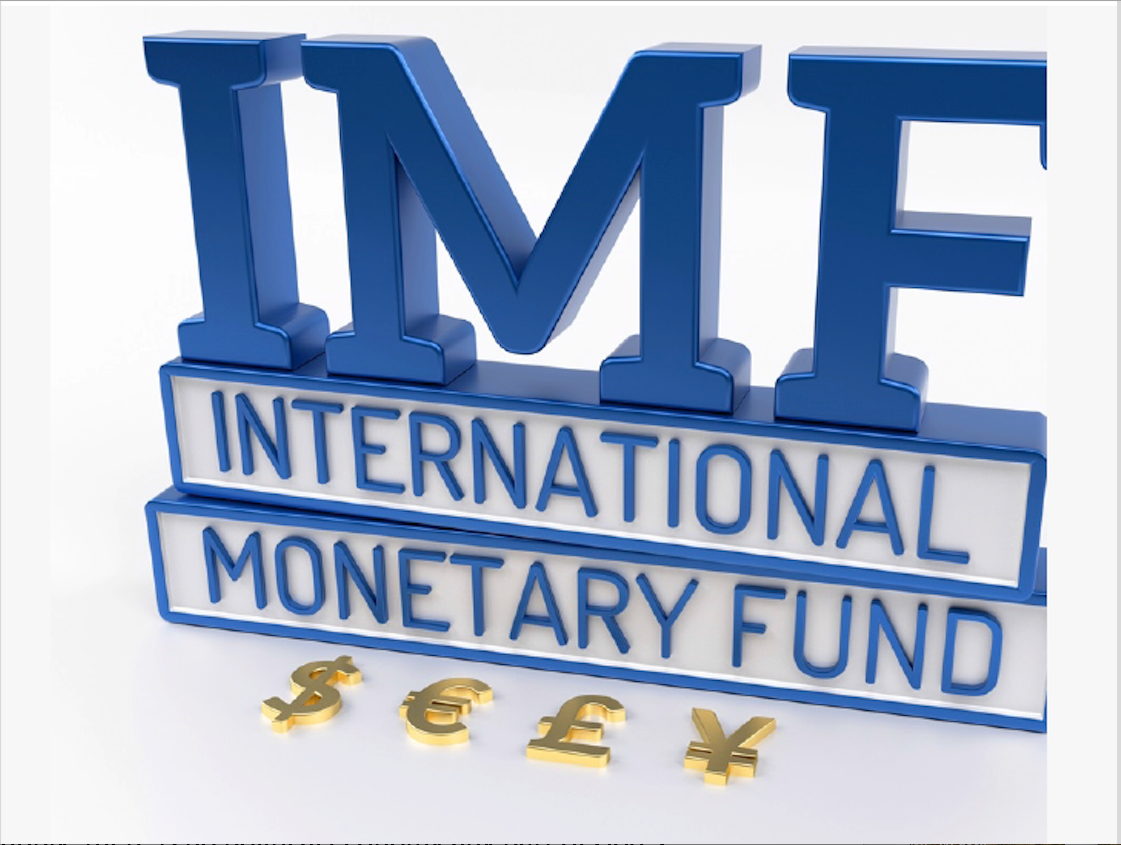By Ralph Jemmott
It was Thomas Carlyle, more remembered as a historian than an economist, who described the academic discipline of Economics as “a dismal science”. What he actually said in explanation was that it was a “rueful” not a “gay” science. The word “rueful” means sorrowful or piteous.’ The term “gay” as it was used then and as he used it was to imply that it did not conduce to human happiness, to gaiety or joy.
Economics proffers a definition that says it is the study of the deployment of scarce resources, the operative word being “scarce”. Resources being perennially scarce, with demand invariably outstripping supply, there is no political economy any part of God’s good earth that can conduce to optimality, that is to the full satisfaction of all its citizens.
In recent time there has been much talk, informed and ill-informed, tutored and untutored about how to “transform the Barbadian economy”. Everybody is seeking to transform Barbados, which indicates some measure of discontent with the way things are going. I have commented about the number of ‘Re’ words that now characterise the discourse on Barbadian Society and Economy. These include reform, rebrand, reposition, retool, redefine and more recently re-profile.
Economics as an academic study is not an exact science and economists often disagree, sometimes because they start off from different first principles depending on the kind of political economy they view as desirable. They may also be responding to different historical circumstances. In the 1970’s the Keynesian school of liberal economists favoured in the post-war years gave way to a more conservative school of thought led by Friedrich Hayek whose treatise ‘The Road to Serfdom’ became the prevailing gospel. The Keynesians on the ideological left, favoured a pre-eminent role for the state which the left supported private capital and a diminution of state interference in the economy.
I was drawn into this debate because of the difference in perspectives that have arisen following the decision taken by the present Mottley administration to enter into a second programme with the International Monetary Fund (IMF) when the current Extended Fund Facility programme expires on September 30. The extension will apparently enable Barbados to access a further $U.S.340 million in loans.
The justification for the extension rests on the argument that the IMF’s money is still the cheapest available and that it will afford the government access to development funds elsewhere. The fact that the Barbados government is still so reliant on borrowed money indicates that the country is still in some financial difficulty, which might be putting it lightly. It is self-evident that this country has not as yet been able to boost the local economy and the productive sectors to the degree that it could stand on its own.
For all the long-talk, wishful thinking and pious self-serving platitudes, let us admit that what Justin Robinson calls the ‘catalysts’ to substantive economic growth have not yet been found. Like it or not, that is our reality and nobody in spite of the academic pretentiousness has a concrete definitive answer to the problem of slow and marginal growth. In his article ‘The economic growth challenge’ of August 23, Professor Justin Robinson made the startling admission that “the cumulative growth for Barbados between 2000 and 2021 was 1.42 percent.” This fact he concluded, “means that in real terms at the end of 2021, the economy was essentially the same size as it was in 2000.”
So much for catalytic economic growth. In the meantime we continue to be buffeted by exogenous shocks not of our own device. We are living in a world of what one commentator called “colossal global dysfunction”. On Wednesday, September 21, Vladimir Putin once again revived his nuclear option and he warned, “I am not bluffing.”
Persistent borrowing no matter how cheap the source of the loan is hazardous. What Mr. Anthony Wood critiques as the BLP’s “tax and borrow and spend indiscriminately” policy is problematic. But no government B or D could for political or other reasons sit back and allow the country’s roads, schools, water-supply, sanitation and bus service systems to collapse. Hence much of the borrowing. What matters is that the money borrowed is well spent, that it is transparently accounted for and that projects envisaged are well thought out and not reflective of anyone’s political vanity
On the issue of transparency, it is important to let the Barbadian public know sooner rather than later what are the conditions attached to the new IMF agreement. In Barbados, for one reason or another, too many things are hidden in the shadows. This is not about politics, this is about people’s futures.
Political scientist Professor Don Marshall has been consistent in his opposition to the Barbados programme with the IMF. Initially, he suggested that we should seek support from China, ostensibly without considering the political and other ramifications of so doing. His argument has been that the IMF, even in its present more benign manifestation, would impose conditionalities that would severely limit the policy space in which Barbados could manoeuvre to its supposed benefit.
Addressing the Small Business Association’s State of the Industry Conference recently, Marshall persistently spoke of the need for “some kind of value-added ethos,” that would “drive innovation, thrive on creative disruption and create value for customers.” This smacks of the kind of academic rhetoric that fails to say exactly how these ends are to be achieved. Creative disruption is a fine term, but in the present circumstances, what exactly does it mean? Maybe the Professor should tell us all what precisely and in real terms, would constitute “a value-added ethos.”
The level of indebtedness that Barbados has incurred and is incurring, from whatever source the money is borrowed is likely to limit policy space. No lender is going to advance monetary assistance without some form of conditionality.
Ralph Jemmott is a retired educator and regular contributor on social issues.




